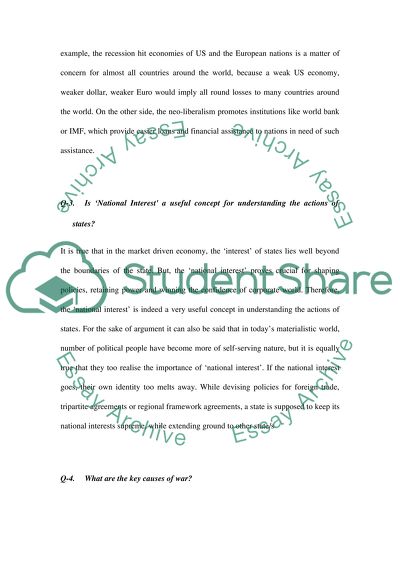Cite this document
(“Introduction to global politics Term Paper Example | Topics and Well Written Essays - 2750 words”, n.d.)
Retrieved from https://studentshare.org/politics/1501037-introduction-to-global-politics
Retrieved from https://studentshare.org/politics/1501037-introduction-to-global-politics
(Introduction to Global Politics Term Paper Example | Topics and Well Written Essays - 2750 Words)
https://studentshare.org/politics/1501037-introduction-to-global-politics.
https://studentshare.org/politics/1501037-introduction-to-global-politics.
“Introduction to Global Politics Term Paper Example | Topics and Well Written Essays - 2750 Words”, n.d. https://studentshare.org/politics/1501037-introduction-to-global-politics.


